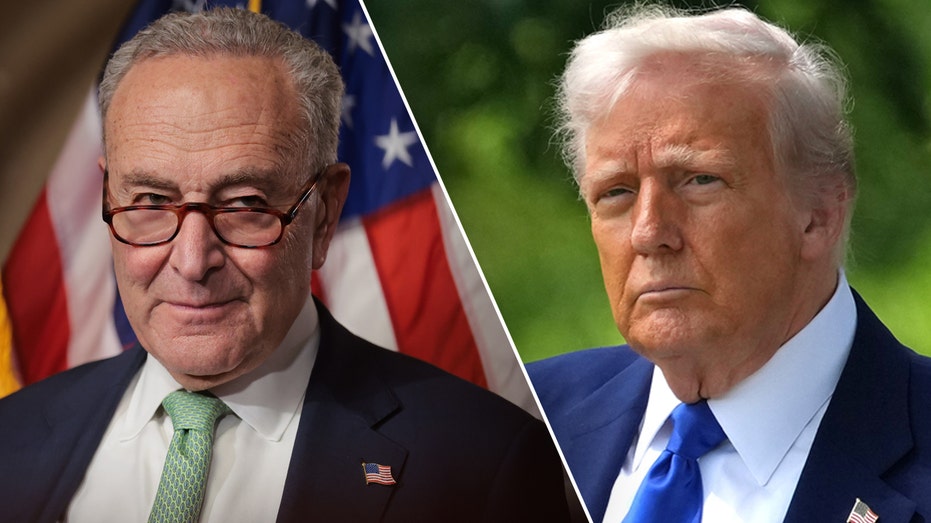Schumer and Democrats Launch Coordinated Opposition to Trump’s Controversial 'One Ugly Bill'
Senate Minority Leader Chuck Schumer urges Democrats to unite in opposition to Senate Republicans' push to advance President Trump's policy agenda.

The ongoing budget reconciliation process in the Senate has ignited a fierce battle between Democratic and Republican leaders, as Senate Minority Leader Chuck Schumer orchestrates a coordinated push to resist what he characterizes as President Donald Trump’s aggressive policy ambitions. In a recent letter to Senate Democrats, Schumer detailed a multipronged strategy aimed at maximizing political pressure on Republicans during the expedited legislative process, which allows the GOP to bypass standard negotiation protocols and move forward on the president's priorities without Democratic support.
Schumer’s approach includes working in tandem with House Minority Leader Hakeem Jeffries and top Democratic committee members from the lower chamber. Together, they intend to provide their Senate colleagues with crucial insights into the House’s process and identify potential fractures within the Republican ranks. According to Schumer, such collaboration is vital, as any changes made to the bill in the Senate could force its return to the House of Representatives, prolonging the legislative ordeal for Republicans and offering Democrats additional opportunities to challenge controversial provisions.
This strategic resistance comes at a time when Senate Republicans, under the leadership of Majority Leader John Thune, are preparing for a month-long undertaking to reshape the House-passed megabill. Thune emphasized that the primary focus would be deepening spending cuts, with some Senate Republicans pushing for reductions exceeding $2 trillion over the next decade—surpassing the House target of $1.5 trillion. Fiscal conservatives within the party are advocating for even more drastic measures, underscoring divisions that Democrats hope to exploit.
Beyond spending, another major flashpoint is the fate of Trump’s first-term tax cuts. Thune reiterated the Republican commitment to making these tax breaks permanent before their scheduled expiration later this year. He described the coming weeks as critical, with ten Senate committees assigned to review and amend the bill, which encompasses wide-ranging policies related to taxes, immigration, energy, defense, and the national debt.
As committee work intensifies, Schumer is urging Senate Democrats to both influence the legislative language behind closed doors and ramp up public criticism in their home states. He argues that many Republican proposals violate Senate procedural rules or threaten fundamental democratic values. Some Republicans have also voiced concern over provisions such as Medicaid cuts and alterations to green energy tax credits, indicating potential fault lines that could complicate the bill’s passage.
Highlighting the stakes of the debate, Schumer implored Democrats to inform the public about what he calls the devastating consequences of the Republican bill. He declared the legislation an attack on core American values and held up the first months of Trump’s presidency as evidence of catastrophic governance. “We know the first four months of Donald Trump’s presidency have been catastrophic for the American people. It is our duty to fight for American families, to stop the damage, and make certain Republicans are held accountable,” Schumer wrote, laying out the high-stakes nature of the legislative showdown ahead.




